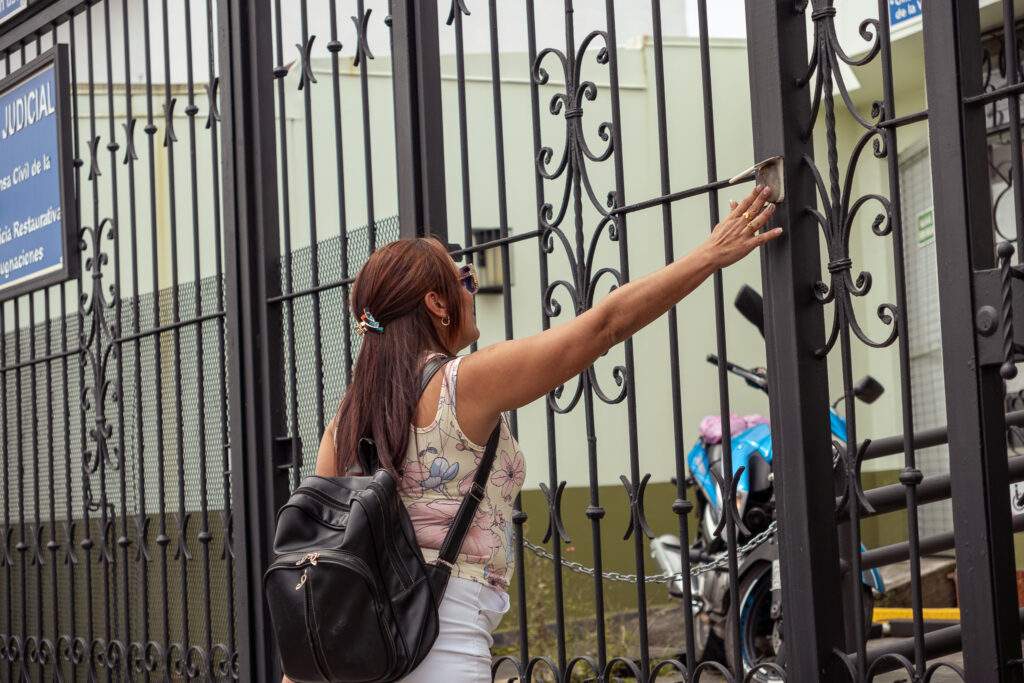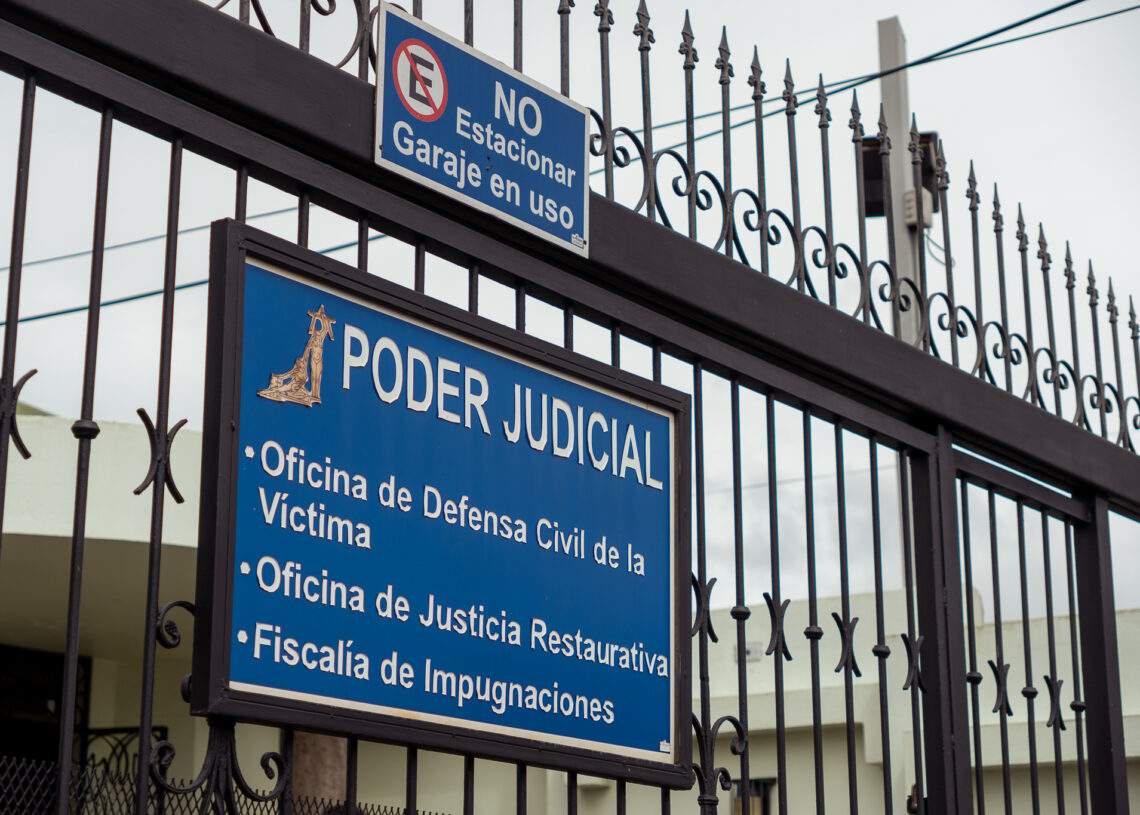On Thursday, 13 November, the Costa Rican Drug Institute (ICD) presented the main findings and recommendations on the evaluation of Costa Rica’s National Drug Policy, together with the Cooperation Programme between Latin America, the Caribbean and the European Union on Drug Policy (COPOLAD) and in collaboration with the Costa Rican Drug Observatory.
The study covered the period 2005–2025, was conducted in the country’s seven provinces, and was carried out in accordance with the COPOLAD III methodological guide. It included an exhaustive document review, focus groups with key actors, and analysis of institutional information. The evaluation focused on four main areas: Treatment, Prevention, Risk and Harm Reduction, and Incarceration/Restorative Justice.
Among the most relevant findings, the report shows that drug policies in the country have shifted from a security-focused approach to more comprehensive regulations that prioritise public health, human rights, and inter-institutional coordination. An example of this is the implementation of Law No. 8204, which distinguishes between illicit trafficking and personal drug use, directing the latter to the health sector rather than the punitive sector. This change represents a significant step forward in treating drug use as a matter of health, prevention, and rehabilitation, rather than a crime, in accordance with the principles of human rights and restorative justice.

It also highlights that the National Drug Strategy 2020-2030 mandates leadership and coordination between the Costa Rican Drug Institute, the Ministry of Health, the Institute on Alcoholism and Drug Dependence, the Ministry of Public Education, the National Women’s Institute, and local governments.
On the other hand, among the main challenges identified, the report recommends taking advantage of existing studies to measure costs and results, and using that information to improve planning and budgeting.
Proportionality and alternatives for minor drug offences
It also proposes strengthening restorative justice, giving priority to women and guaranteeing social and economic support after completing alternative measures to prison. The COPOLAD III Programme has collaborated with the Costa Rican Judiciary and the ICD in the humanisation of criminal justice in the country, and in particular in the development of alternative measures to imprisonment for women with minor drug offences.
In terms of prevention, it proposes designing actions adapted to the realities of each territory and population, and following up on them to measure their impact. Finally, the study points out that it is important to reinforce actions to reduce the risks and harms associated with drug use, through information campaigns and joint work with communities.
The presentation, which was held online, was attended by the Minister of the Presidency of Costa Rica, Mr Jorge Rodríguez Bogle, the Director of the ICD, Mr José Miguel Gómez Chavarría, and the Ambassador of the European Union to Costa Rica, Mr Pierre-Louis Lempereur, demonstrating the strong political and institutional support for the process.






